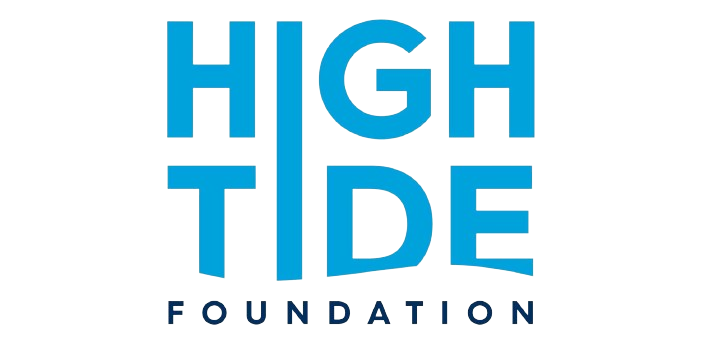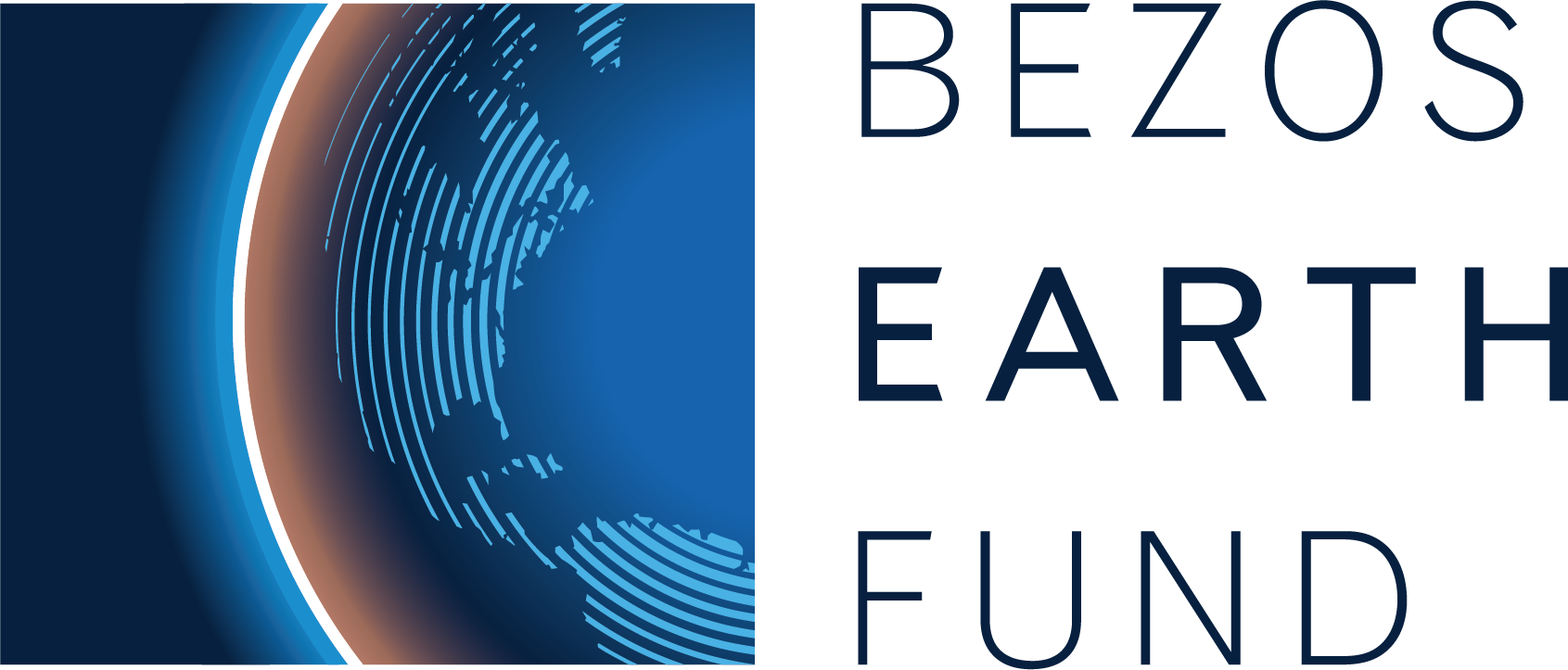Explaining the Integrity Council’s multi-track approach to assessment
Written by ICVCM
Published

Having reached a milestone in our Core Carbon Principles (CCP) assessment process, here’s a deeper dive into how the different tracks of assessment are taking place across the Integrity Council’s internal and multi-stakeholder teams and why we’ve revised some of our terminology.
Our internal and multi-stakeholder teams are now assessing categories of carbon credits. In parallel, our internal team is assessing carbon-crediting programs. The assessment outcomes will go to our Governing Board for formal decisions which will lead to carbon-crediting programs that are CCP-Eligible to start issuing the first high-integrity CCP-labelled credits – from approved categories of credits – onto the market.
Details of all programs and all categories under assessment are now available and will be updated as assessments progress:
Our regulatory-like approach ensures that we properly consider complex issues and follow robust processes.
The Integrity Council’s internal team is assessing carbon-crediting programs. It is also assessing some categories of credits, with support from ICVCM Experts. Where categories raise complex issues in specific areas they will undergo multi-stakeholder assessments, involving ICVCM experts and external experts with relevant knowledge.
We are delighted to be at this point in what is a brand-new process: the result of incredible participation from stakeholders across the voluntary carbon market and beyond. We are on track to deliver decisions on programs and Categories in Q1 of this year – working efficiently and carefully, through our robust assessment process.
You may have noticed that we have recently revised some of the terminology we use, to make it clearer that the rigorous standards of our assessment framework apply to all categories we assess, and to make sure that it is clear to the market that the allocation of a Category (of methodologies) to internal or multistakeholder assessment does not prejudice or advantage in any way.
Categories that are expected to be more straightforward are being internally assessed, while we are convening groups of experts for those considered to be more complex – for multi-stakeholder assessment. We are therefore doing away with the terms “fast track” and “deeper assessment” since we are assessing everything as fast and as deeply as we can.
Our work will play a key role in bringing much-needed consistency and high-integrity to the voluntary carbon market, to ensure it can fulfil its enormous potential as a climate solution.








